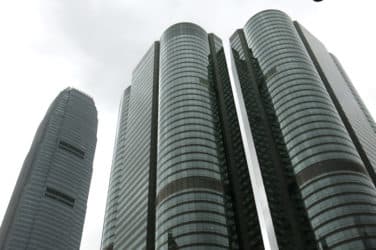
Only a handful of swap execution facilities, the new trading venues launched under the Dodd-Frank regulatory reform act, will survive according to a panel at the International Derivatives Expo in London.
SEFs were introduced in the US as mandatory trading venues for certain types of swaps this year under the Dodd-Frank regulatory reform act. European regulators will also require certain derivatives to be centrally cleared and traded on an exchange under the Markets in Financial Instruments Directive, but have yet to specify the products that will fall under the new regulations.
Silas Findlay, head of EMEA client OTC clearing, said on an IDX panel last week said that although there were more than 20 SEFs liquidity had gathered at a small number of incumbents.
David Rubenstein, managing partner, chief executive Europe and general counsel at hedge fund Blue Mountain said the handful of incumbents for credit indexes had not changed even after the launch of new SEFs.
“The incumbents are on everyone’s desktop, have market share and depth of liquidity,” said Rubenstein. “Even at Blue Mountain we will not have more than a handful of SEF realationships unless someone develops an aggregator.”
Rubenstein said liquidity, pricing and participants in the credit default swap market had not changed since the implementation of Dodd-Frank.
Laurent Paulhac, managing director and chief executive of Icap SEF (US) LLC, said it is hard to imagine that all the SEFs will survive as they are very expensive to operate.
Paulhac said: “More than 300 instruments can be traded on SEFs which brings a significant cost structure and the question is not how consolidation will happen, but when. The winners will be those who heavily invested in infrastructure and only the strong will survive.”
Last month Icap launched IGDL, a SEF and multilateral trading facility, which it said is the first to be authorized by both the US Commodity Futures Trading Commission and the UK Financial Conduct Authority.
“It will be interesting to see whether new types of liquidity providers develop who make a central limit order book more attractive,” Paulhac added. “For complex or less liquid swap transactions voice request for quotes will remain important and survive, but other parts of the swaps markets will be all electronic.”





